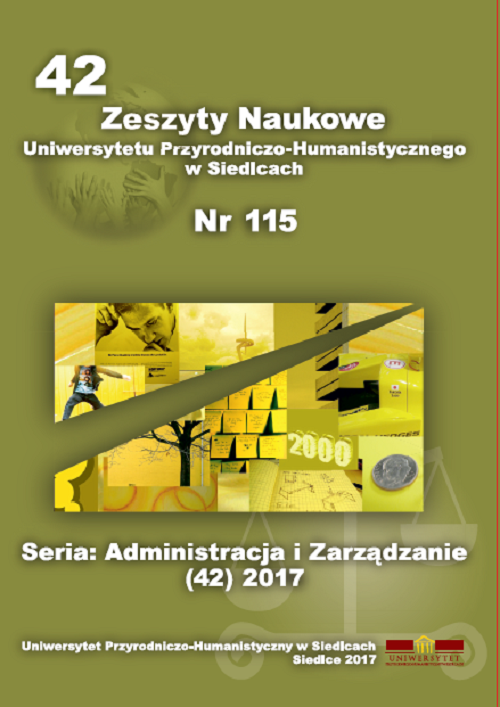Logistics of Recycling by the Case of Used Car Tyres in Poland
Keywords:
Rynek oponiarski, Recykling, LogistykaAbstract
Waste generation is an intrinsic feature of economic activity, and its management is a problem dealt with by all societies and economies. The need for waste management arises from the necessity of saving resources, limiting space for waste deposition and limiting the contamination filtering from waste to the natural environment. The development of transported goods haulage and car transport all over the world generates one of the greatest, in terms of its weight, volume of waste, namely scrap tyres. It is estimated that more than 1.2 billion tonnes of scrap tyres are produced every year. The corresponding figure for the EU member states is 3.5 million tonnes, and for Poland - 200 thousand tonnes. High transportation and collection costs, and the fact that the transition period negotiated with the UE ended in 2014 are forcing the formation of an integrated domestic network that would deal with waste recovery and treatment. The purpose of the paper is to analyse the management system of scrap tyres in Poland in 2002-2014. The analysis refers to the required and attained recovery and recycling levels of scrap tyres. A regression equation has been used to present the trend of the number of recycled tyres (in thou tonnes). The analysis has been based on the data on waste management from the Ministry of the Environment, and Central Statistical Office (GUS) Ochrona środowiska 2015.





